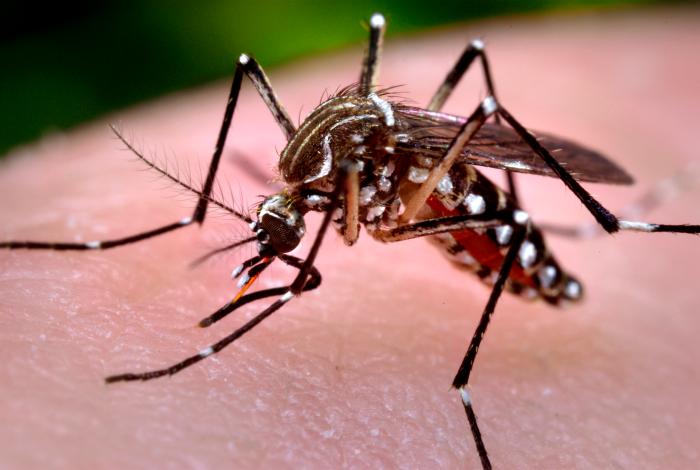Just one week after the Barbados Health Ministry announced they were investigating up to eight suspected Zika virus infections on the island, health officials and the Pan American Health Organization (PAHO) are reporting confirmed autochthonous Zika infection in Barbados.

According to an official from the Ministry of Health, of the eight samples sent to the Caribbean Public Health Agency (CARPHA) for testing, three were positive and five negative for the virus.
The Barbados Government Information Service reports the public is advised that the best way to prevent infection is to minimize exposure to mosquito bites by taking preventive measures to reduce mosquito breeding. These measures include identifying and removing possible mosquito breeding sites, such as collections of stagnant water from around homes and workplaces.
Other important ways to avoid infection include wearing clothing with long sleeves and long legs, especially in the morning and late afternoon; using mosquito repellents with 30 per cent DEET concentration; and sleeping under an insecticide-treated bed net, especially during the day.
The Ministry official pointed out that persons might be unaware that they have the virus, as they might not develop any symptoms. Therefore, everyone, including pregnant women and women of child-bearing age, is advised to avoid exposure to mosquito bites.
Preliminary analysis of research carried out by Brazilian authorities has revealed that the greatest risks of microcephaly (small heads) and malformations appear to be associated with infection during the first three months of pregnancy.
In addition to Barbados, Brazil, Colombia, Ecuador, El Salvador, French Guiana, Guatemala, Guyana, Haiti, Honduras, Martinique, Mexico, Panama, Paraguay, Puerto Rico, Saint Martin, Suriname, and Venezuela have reported local transmission of Zika in the Western hemisphere.
Related:
- Zika virus and Chagas disease: Interviews with the experts
- CDC: ‘We’re not able to predict how much Zika virus will spread in the United States’
- Ecuador, St. Martin and Guyana report local transmission of Zika


3 thoughts on “Barbados confirms Zika local transmission, 5th Caribbean country”